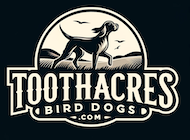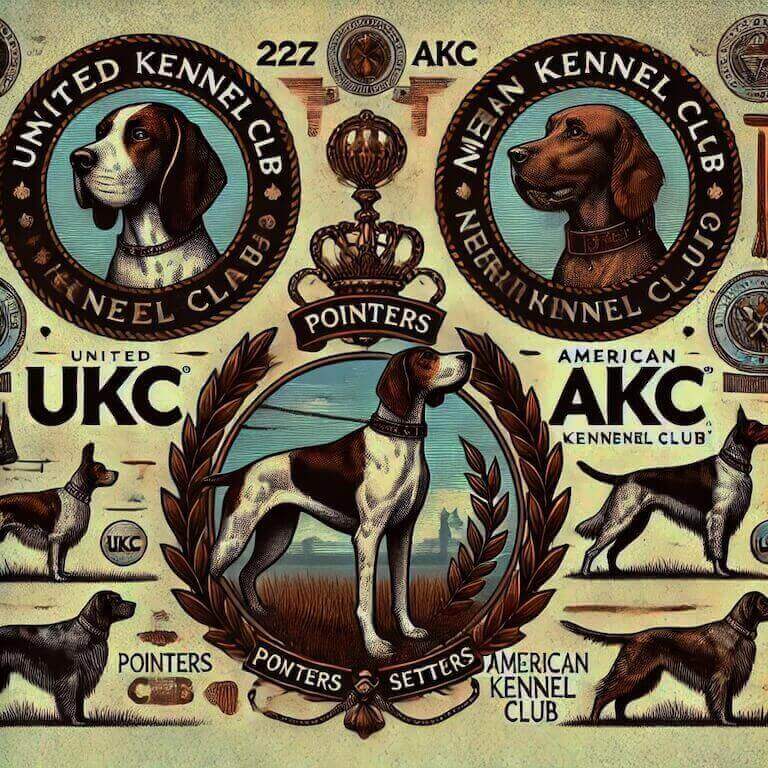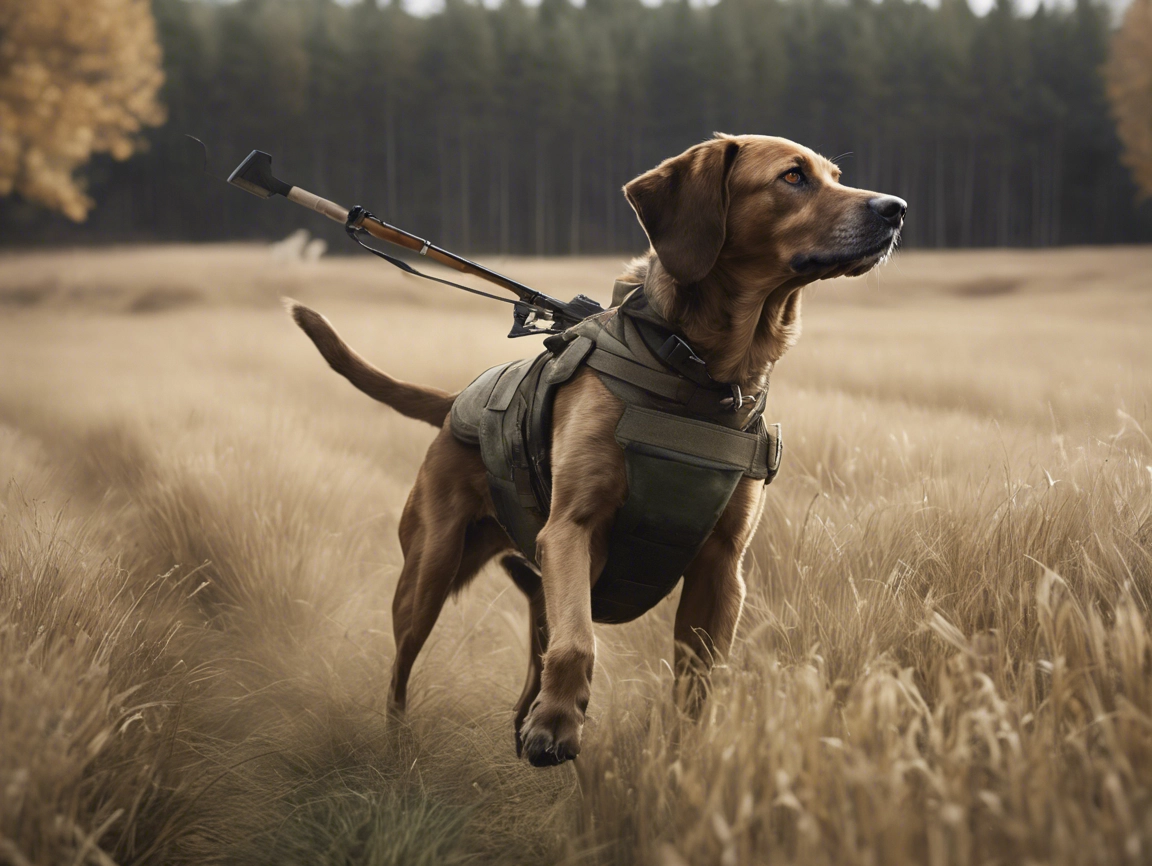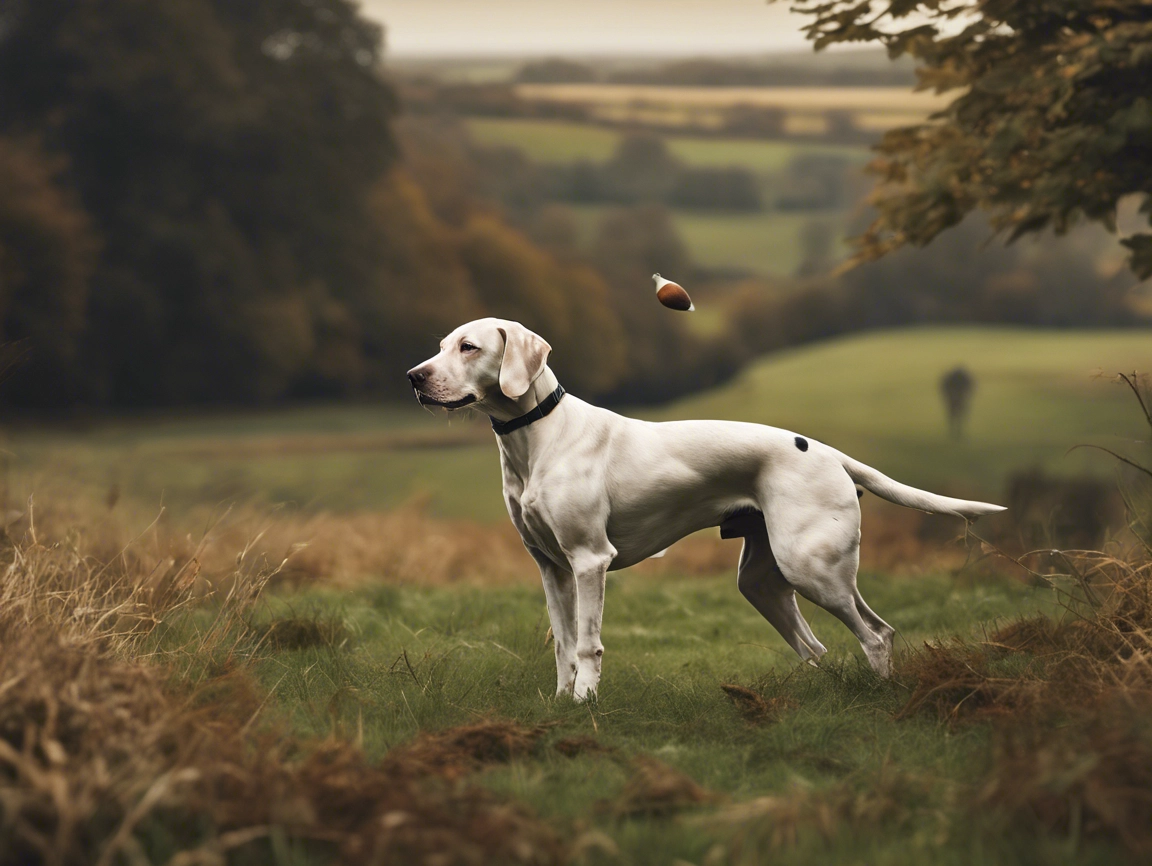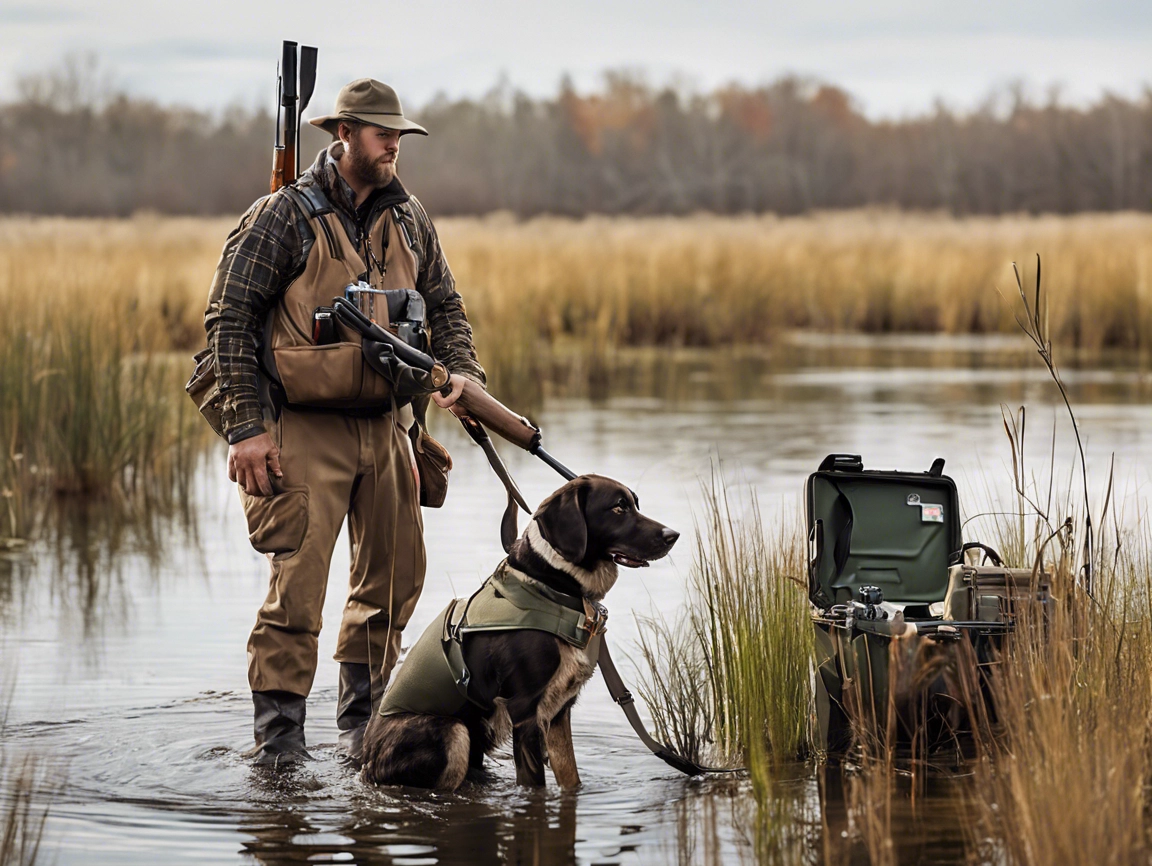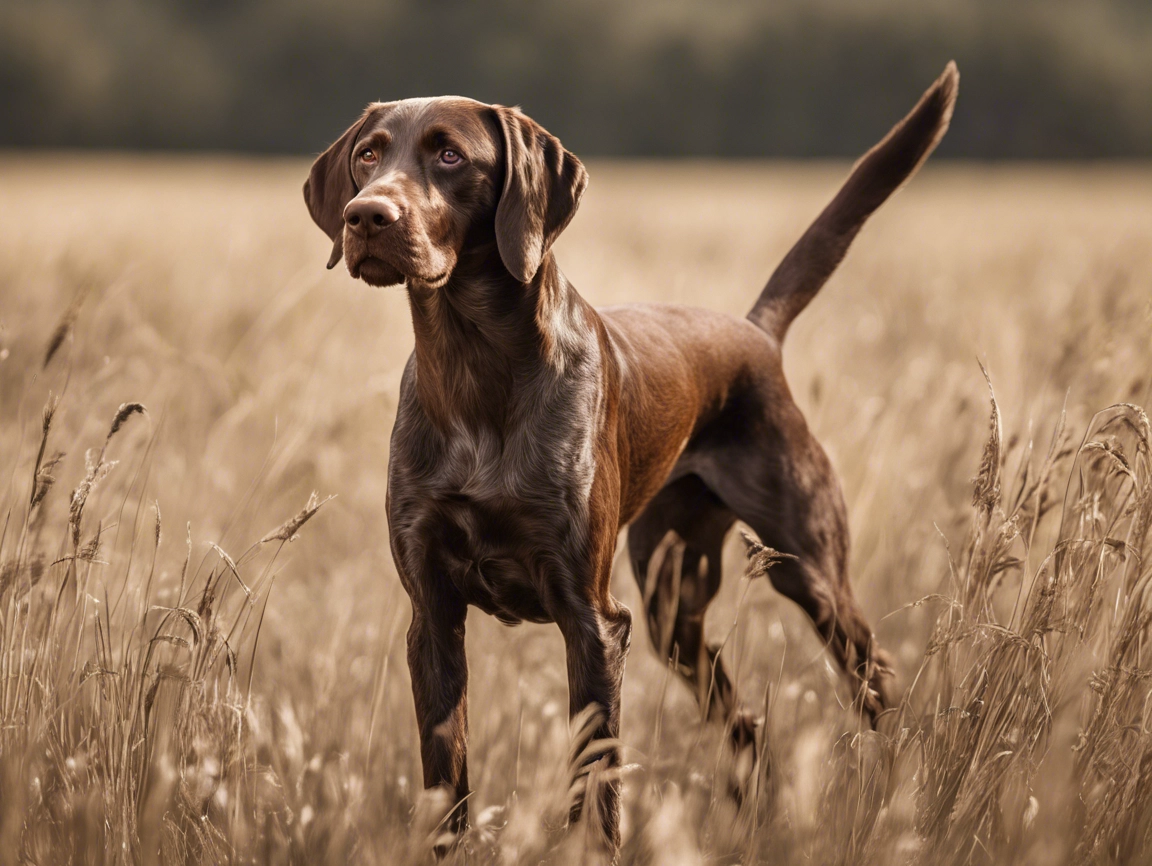When it comes to defining breed standards and hosting premier dog events, two major players stand out: the United Kennel Club (UKC) and the American Kennel Club (AKC). Both organizations play a critical role in the dog world, but at ToothAcresBirdDogs.com, our focus is on the UKC—especially its significant impact on field-bred dogs, field trial competitors, and hunting enthusiasts. In this post, we’ll explore what sets these two clubs apart, why the UKC resonates so strongly with hunters, and why it might be the ideal organization for your next hunting companion.
Understanding the United Kennel Club (UKC)
A Rich History of Inclusivity
Founded in 1898, the United Kennel Club (UKC) has built a long-standing tradition of welcoming dogs of all breeds. Unlike the AKC, the UKC places a significant emphasis on working abilities, performance, and natural instincts, making it particularly attractive to hunting enthusiasts. The UKC’s emphasis on field trials and the real-world abilities of dogs sets it apart from other organizations.
A Focus on Function, Not Just Form
While the AKC tends to prioritize a dog’s physical appearance, the UKC has always placed an equal, if not greater, emphasis on a dog’s working abilities. Field trial competitions in the UKC evaluate dogs based on their performance in real-world scenarios—scenting, retrieving, and pointing, to name a few. This philosophy resonates strongly with hunters who value functionality and effectiveness over conformation.
UKC Field Trials: Showcasing the Working Ability of Dogs
Field trials are a hallmark of the UKC. These competitive events provide a platform for dogs to demonstrate their natural hunting instincts and abilities. In these trials, the UKC evaluates dogs based on their ability to perform the tasks they were bred to do, such as locating game, pointing, and retrieving. This ensures that only the best-performing working dogs are recognized.
The American Kennel Club (AKC) and Its Emphasis on Lineage
Exclusive Standards Focused on Conformation
The AKC is the most widely recognized dog registry in the United States. It places a heavy emphasis on pedigree, purebreds, and adherence to physical breed standards. AKC competitions primarily focus on conformation—how closely a dog matches the ideal breed standard in terms of appearance. While this makes the AKC the go-to organization for those interested in show dogs, it doesn’t necessarily emphasize working abilities or performance in the field.
Breed Recognition and Its Emphasis on Appearance
The AKC recognizes over 197 breeds, emphasizing the preservation of bloodlines and the maintenance of breed standards. While the AKC has a long and storied history of preserving purebred dogs, its focus on appearance often leaves performance in the field secondary. For those looking for a dog with a specific physical look, the AKC’s conformation events are ideal, but for hunters seeking a working companion, the UKC is often the preferred choice.
UKC vs. AKC: A Comparison of Breed Standards
Broader Recognition and Inclusion of Working Breeds
The UKC recognizes over 300 breeds, including a wide variety of hunting and working dogs. In comparison, the AKC’s 197 breeds are primarily show-oriented, with less focus on working ability. The UKC’s recognition of working breeds, such as Pointers, Setters, and Spaniels, reflects its commitment to evaluating a dog’s performance, stamina, and instincts rather than simply its looks.
Evaluating Performance vs. Appearance
In terms of breed standards, the UKC emphasizes both form and function. While appearance is still important, the UKC places a higher value on a dog’s ability to perform in the field. For example, the UKC’s criteria for Pointers and Setters prioritize scenting ability, stamina, and ability to point or retrieve. The AKC, on the other hand, primarily evaluates these breeds on physical characteristics like coat quality, size, and conformation to breed standards.
Why the UKC Resonates with Hunters
Field Trials that Focus on Real-World Skills
UKC hunting trials emphasize the natural abilities of dogs, ensuring that only the best working dogs are recognized. These trials assess skills like pointing, retrieving, and scenting abilities that are crucial for hunters. The UKC’s approach ensures that dogs performing well in these areas will be rewarded, making it a more suitable option for hunting dogs.
Functional Dogs for Practical Purposes
While the AKC might focus on the looks of a dog, the UKC champions functionality. Field-bred dogs that participate in UKC events are evaluated for their real-world capabilities. This focus on performance in the field, rather than just appearance, ensures that hunters have access to top-notch working dogs that are bred for the tasks they will be performing.
Workmanlike Appearance
UKC dogs are often valued for their practical, workmanlike appearance. The emphasis is on performance, not perfection in conformation. While the AKC may reward dogs that meet a strict ideal for appearance, the UKC evaluates dogs based on their working abilities, including stamina, intelligence, and skill in the field.
Conclusion: The UKC’s Focus on Performance Makes It the Choice for Hunters
The UKC and AKC each play vital roles in the world of dog breeding and competition. However, for hunters and field trial enthusiasts who prioritize performance, the UKC stands out. By focusing on natural instincts, field trials, and working ability, the UKC provides a platform that ensures only the best performing dogs are recognized and celebrated. For those who want a dog that not only meets breed standards but can also perform effectively in the field, the UKC’s balance of form and function makes it the preferred choice
